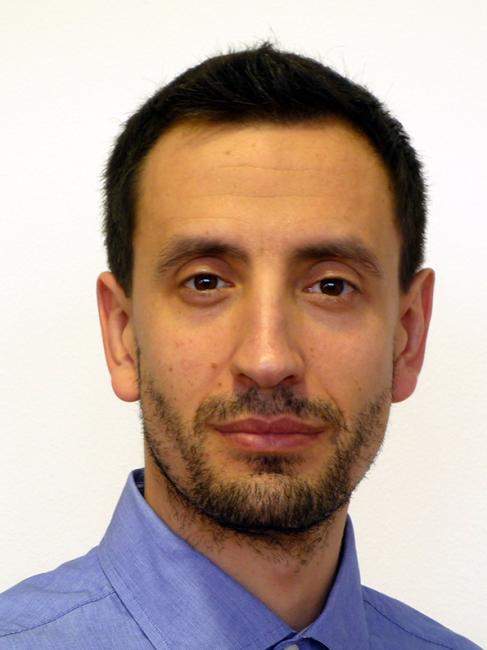Seminar on "NEMS – From Devices to Systems"
Events | Mechanical Engineering
Seminar on "NEMS – From Devices to Systems"
February 22, 2016 2:00 AM

Speaker
Dr. Guillermo Villanueva, Ecole Polytechnique Federal de Lausanne
Location
ESB 2001
Type
Seminar
Miniaturization of mechanical devices has always accompanied societal evolution. This has been particularly true in the case of sensors and communication devices. The reduced size of Micro- and Nano- electromechanical systems (M/NEMS) allows for lower power consumption, lower production cost, faster response and better limit of detection. These characteristics make M/NEMS ideal candidates to solve the upcoming global technological challenges faced by our society, e.g. Internet of Things, smart buildings, smart roads, and smart cities. However, some improvements need to be achieved both at the device level and at the system level before M/NEMS can be globally deployed and used.
In my talk I will describe my past and present effort on the devices’ performance optimization, and I will stress the importance of working at a higher level, at the systems level, to successfully target different applications. This includes integrating the mechanical device together with for example electronics, microfluidics or gas micro-columns.
Bio: Guillermo Villanueva is an Assistant Professor at EPFL in Lausanne since 2013. He obtained his Ms. Sc. in Physics in 2002 from the University of Zaragoza (Spain) and his Ph.D. in Microelectronic Engineering from the Autonomous University of Barcelona in 2006 for his work on NEMS/MEMS for biodetection and scanning probes. He then worked as a post-doctoral researcher at EPFL, Caltech and DTU in the fields of nanofabrication, coupled and non-linear phenomena and dissipation in NEMS respectively. In 2013 he joined EPFL as a SNSF Assistant Professor to continue his research in fundamentals of nanomechanical systems for sensing and communications. In 2005 he was awarded the MNE Young Investigator Award for his PhD work, in 2008 he was awarded a Marie Curie Fellowship and in 2014 he was awarded the MEE Young Investigator Award.